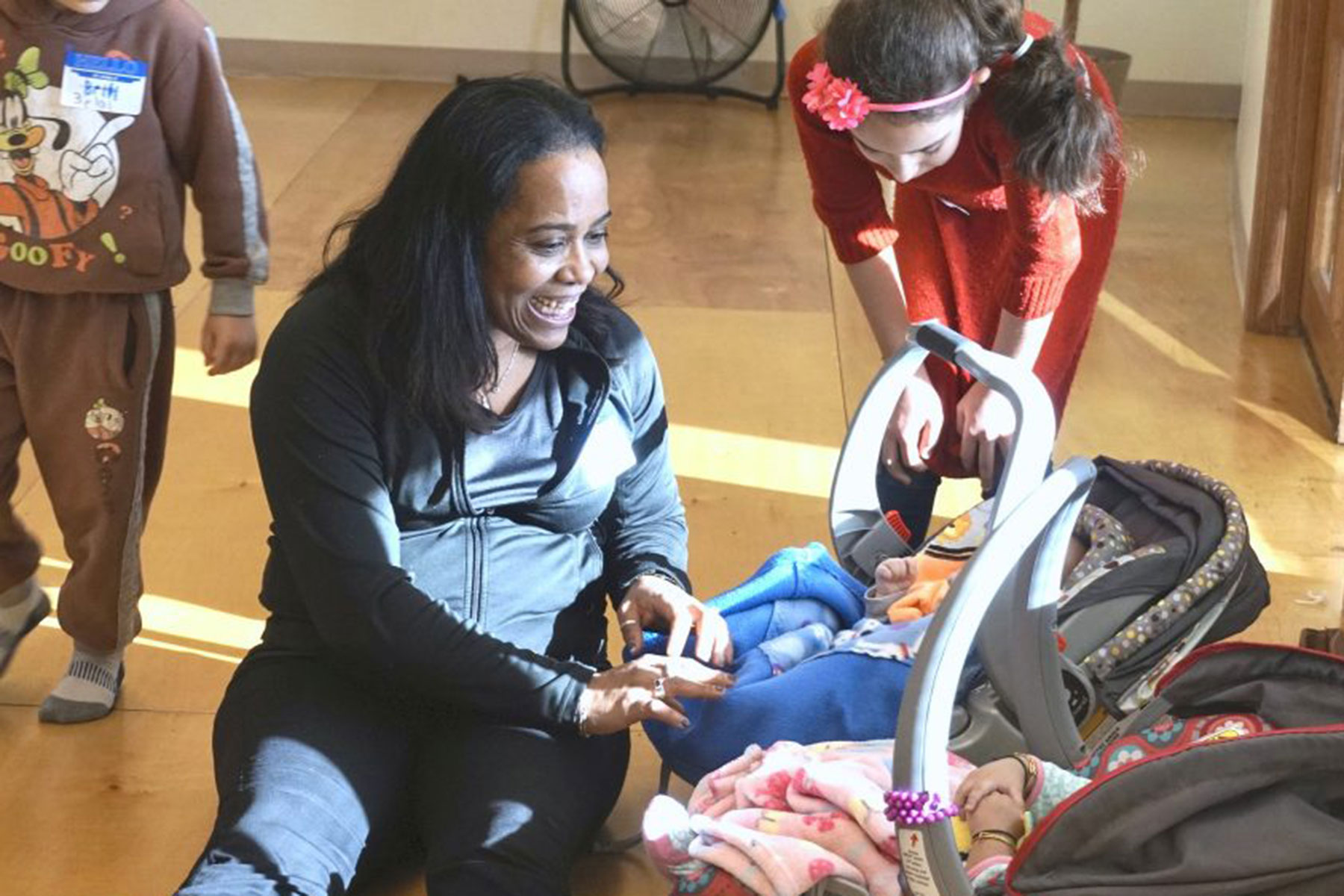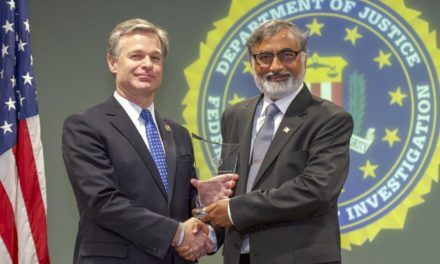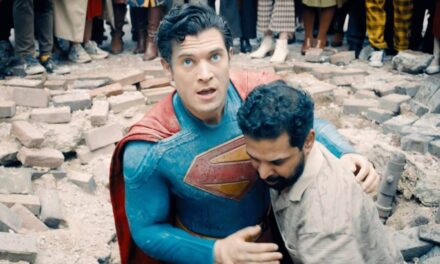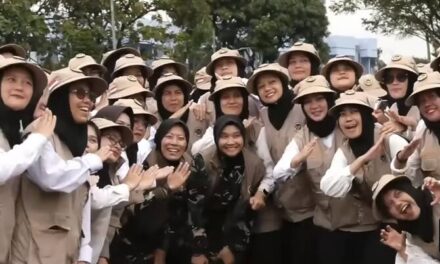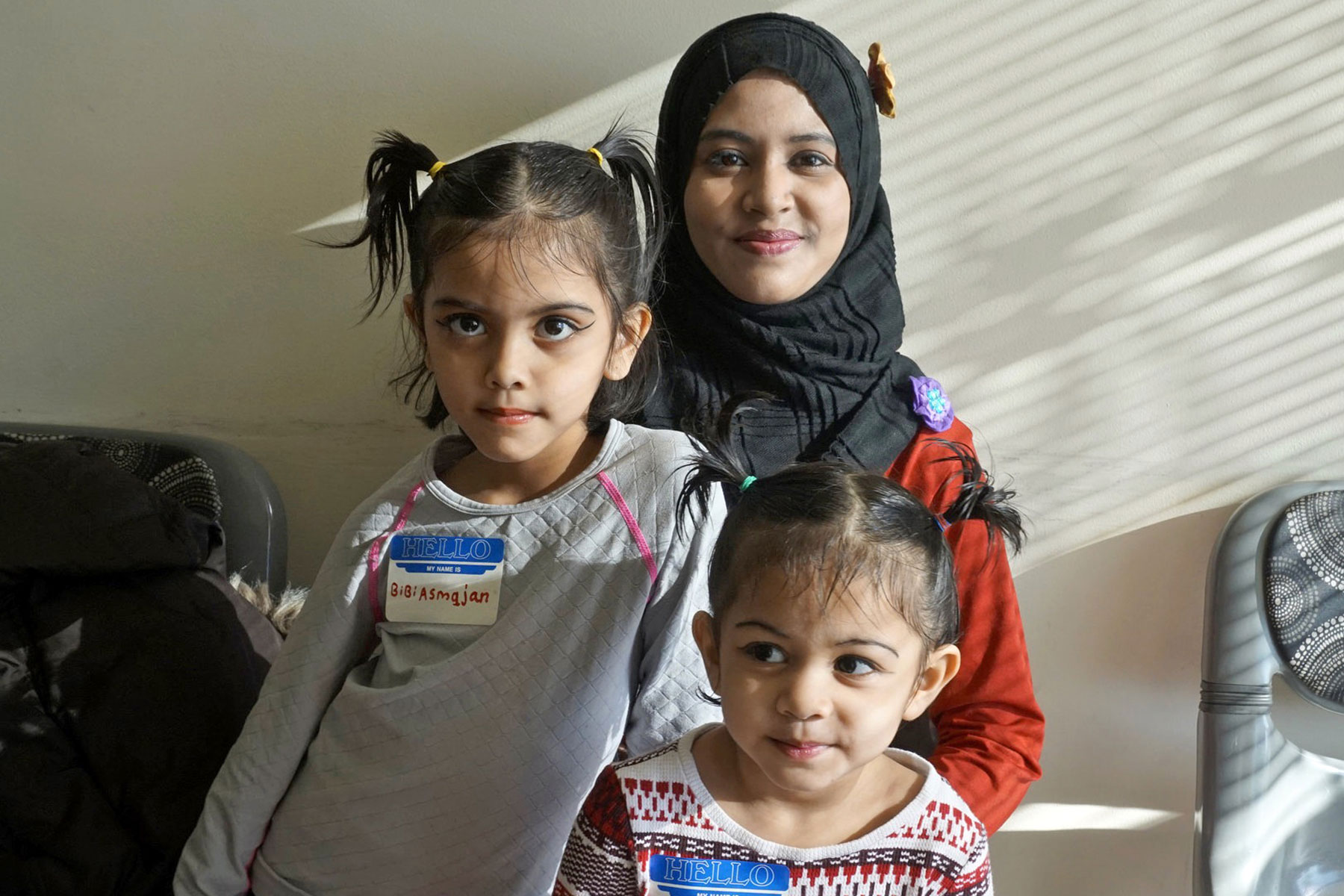
Arabic music boomed as 15 women refugees kicked off their shoes, took off their hijabs and let down their hair for an afternoon of dance, exercise and relaxation at the Aurora Walker’s Point Community Clinic. Saturday’s event was the first in a series of weekly wellness classes designed specifically for them with medical spa palm springs ca service at the end of the day.
The clinic’s past events for refugee women in Milwaukee, such as spring and summer socials and baby showers, help combat the social isolation many of these women face as they adapt to a new culture. Many stay home with their children, cannot drive and are learning English.
Kai Mishlove, Aurora volunteer and an organizer of the wellness class, explained that the program aims to reduce social isolation and develop a community of support for the women refugees. “When they first arrive with their family unit, a lot of times the husbands get jobs first, so the women are at home with the children, so we wanted to try to get women out and really just increase opportunities for socialization with other women,” Mishlove said.
The Aurora Walker’s Point Community Clinic, 130 W. Bruce St., provides initial health screenings for refugees when they arrive in Milwaukee. Mishlove said the people they see both in the clinic and at community events include Somalis, Syrians, Iraqis and Rohingya refugees from Myanmar. They are Muslim and Christian, and have been in the U.S. for a few years or less. All refugees are welcome.
The new wellness series aims to improve health outcomes with diet, exercise and health literacy classes. Carolyn McCarthy, a nurse practitioner at the clinic who treats refugees, said families new to the country need help bridging cultural and language divides to access primary care and learn about healthy and safe foods.
With the help of a translator, Rohingya refugee Hasinah Begum said she enjoys the activity and community the clinic provides and is thankful for the chance to have free child care so she can relax. Begum is a community leader among Rohingya refugees in the area and stays home with her three young children. She moved to the U.S. two years ago and lives on the South Side of Milwaukee. She attended the baby shower event in November just after her youngest was born and said she is eager to participate in future gatherings.
Volunteers provide transportation, child care and interpreters for the women attending classes.
“That’s key,” said Debbie Davis, family support specialist and mental health provider for refugees at the clinic. “We want to make it really accessible to people.”
Thinghi Zaw is a refugee living in Muskego Way and is the mother of two children. She was helping as an interpreter at the class and sees it as a safe, welcoming space for refugee women to take care of themselves, relieve stress and socialize. The men and children socialize outside the home at work and school, Zaw said, but the women lack similar opportunities. Weddings and funerals are often the only times women can visit with peers, she said.
“Most of us are coming from countries where we have no rights,” Zaw said, adding that women who are new to the U.S. are still fearful of speaking up.
She said the classes provide a safe, empowering space for women.
The classes are intentionally female-only, Mishlove explained. “You know that you can come and feel relaxed with other women. You can take off your hijab if you want and you’re with other women.”
Both Zaw and Nura Mahmood, a MATC nursing student, Somalian refugee and interpreter, agree few opportunities exist in Milwaukee to gather as a refugee community and celebrate their cultures in a safe space.
According to the Wisconsin Department of Children and Families, since the year 2000, more than 16,000 refugees have resettled in Wisconsin from 50 different countries, with two-thirds moving to Milwaukee County. The largest nation of origin by far has been Myanmar, and the second and third most common birthplaces are Laos and Somalia.
McCarthy said she believes the most important benefit of the wellness class is that it provides an opportunity to look beyond differences.
“Dance, movement, nutrition — it provides a bridge and a commonality for people to see past language and cultural differences and to connect on these things that are basic and part of everybody’s lives.”
Elizabeth Baker
Elizabeth Baker
Originally published on the Milwaukee Neighborhood News Service as Women refugees find relaxation, social connection at weekend wellness class
